Our 2022.
Towards new beginnings.
Looking back at 2022, the past year has been extraordinary and challenging — for us and everyone around us.
It marks our formal establishment as a foundation, enabling us to further strengthen our commitments and engagement to empower social change makers. At the same time, our foundation saw the light of day in a year characterised by an unprecedented series of events: With global disarray, increasing inflation and a vast energy crisis dominating the picture.
Meaningful and measurable.
While this has clearly heightened the amount of disadvantaged people worldwide, it also underlines the importance of our mission: We must empower even more people to make their own change. It is already starting to happen. For example, for the first time in three years, we have had a homeless count in Denmark, and we are breaking the trend. The data is clear and the Housing First approach is working, showing us the way to go. Now, we’re excited to show you our current projects and the amazing achievements of our partners — from our first year of many to come.
Highlights.
Measuring social impact is at the core of our very existence and we know that true impact needs time to happen. That is why we employ an average commitment period of five years. In our first year, we have brought on seven projects and partners resulting in a total of DKK 23 million donated.
New foundation established
New projects and partnerships
Partnerships in total
Million DKK in total donation commitments
Years of average commitment period
Employees onboarded
Volunteers engaged across partnerships
% of total donation commitments are made with Danish partnerships
People experiencing positive social change
A word from our CEO.
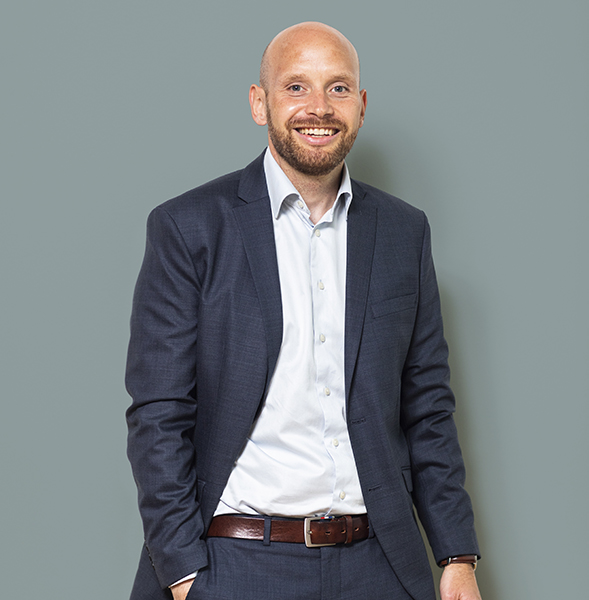
“
In 2022, Henrik Lind and his family established Lind Foundation with the ambition to deliver social change by empowering people to drive their own change and as of 22 June 2022 we were officially live.
We build on the past 10 years of social efforts at Lind Invest, the single-family office of Henrik Lind, where we now independently work to ensure more positive and measurable impact, with a strong team in place to execute on our strategy Proving New Ways.
— Jens Bruun, CEO, Lind Foundation
A word from our CEO, Jens Bruun
We have a firm belief that everyone has potential to unfold their own potential. We facilitate the opportunity to contribute and lead individual change regardless of differences. During 2022, we entered or expanded existing partnerships with seven organisations in both Denmark and internationally — and this is only the beginning.
For us, social impact goes beyond good intentions. This is why we employ a data-driven approach in order to convert social impact into monetary and social value. We work closely with existing and new partners to follow and track social change and look forward to keep doing so in the coming years. We know that change takes time and our commitments reflect that we are in it for the long run, so we can facilitate real change for the most disadvantaged people. And we do this through the Social Return on Investment (SROI) method, which allows us to gather key insigths, analyse and prove actual impact.
We have seen global shocks also in 2022, where we have seen our partners being impacted from the war in Ukraine – implying increased inflation and price levels globally. For many of our international partners, the covid-19 pandemic is still affecting both interventions and operations, making it difficult to empower the change for those who truly need it. We hope for better times ahead.
In a Danish context, we had the national election during the fall and with a new government in place, we see positive signs for rethinking the social area. This is important to us for many reasons: We need to handle increased levels of inequality, mental health issues and a large group of young people outside employment, training and education. As a society, we can and must do better.
In a recent mapping by VIVE on people living in homelessness in Denmark, we saw a decreasing number – and this is indeed a positive sign. However, there is still a lot of work to be done to fight homelessness and the implementation of the Housing First approach must continue in the years to come to maintain the positive momentum. It is evident that Housing First works, so now it is time to sustain and develop this method. This has been done in Aarhus Municipality, where we reside. This year, the upward trend has finally been reversed.
Loneliness is another issue that needs our focus. In the aftermath of the covid-19 pandemic, we see an increasing number of people feeling lonely. According to WHO, the rates of people living with mental challenges such as anxiety and depression are on the rise across the world — and young demographics are hit the worst. This is a wake-up-call to pay more attention to mental health across borders. In evaluating social efforts, we should also consider elements such as improved mental health, decreased levels of loneliness, new life skills and other softer elements – it is simply a large part of creating lasting social change.
I am looking forward to engaging with more partners in 2023, exploring and proving new ways together. We have just started the journey and we are excited to take every single step along with our partners.
— Jens Bruun, CEO, Lind Foundation
Our strategy
Proving New Ways.
We believe that philanthropy must go beyond good intentions — towards achieving clear goals and enabling real and tangible change for those who need it. Our strategy is guided by that belief.
We will continue to explore, test and prove the best ways forward to drive social and societal change within five distinct areas — all important to create solid foundations for empowering people to make lasting change.
During this strategy period, we have an ambition of making donation commitments equal to DKK 75-90 million. We have the ambition to facilitate positive social changes of at least DKK 200m in total financial and social value through our donations paid during 2022-2024 based on the Social Return on Investment method. At the same time, we focus on internal scalability and efficiency and have an ambition of decreasing our costs to commitments ratio from 2022 to 2024.

Education
Employment
Mental health
Housing
Sustainable livelihoods
Focus areas.
Education
Even though education is a universal right, it appears to be out of reach for many children living in poverty. Despite different needs and focus points, education remains the universal backbone of life-long skills and opportunities.
We motivate the importance of education and ensure enrolment in education to develop essential skills and knowledge that will last for a lifetime.
Employment
Globally, more than 22% of all young people aged 15–24 are neither in employment, education or training. This number has not changed radically in the past ten years.
We work to boost readiness for the job market and self-employment and help connect long-term unemployed employees with employers.
Mental health
Depression is ranked third in the global burden of diseases and is projected to rank first in 2030. In Denmark, the number of psychiatric patients has increased the past 10 years and especially for children and young people.
We support projects that improve people’s mental well-being and quality of life, giving everyone the opportunity to lead their own change regardless of differences.
Housing
Homelessness is one of the most severe manifestations of social marginalisation in western society. In Scandinavian countries, with some of the world’s most extensive welfare systems, homelessness remains a persistent challenge.
We employ the Housing First approach creating access to affordable housing combined with establishing a liable and supportive network to improve people’s living conditions.
Sustainable livelihoods
648 million people in the world live in extreme poverty, which means they subsist on less than USD 2.15 per day. The extreme poor are primarily concentrated in Sub-Saharan Africa.
We provide access to self-help groups and empower people to self-lead and develop life skills that are both economically and socially sustainable.
Lind Foundation was founded to create actual and measurable change.
“
We must rethink how we catalyse social change by empowering people and combining philanthropy with a business mindset. For me, projects and organisations hold potential to unfold and empower people, when there are clear goals and consistent paths to improved lives and sustainable long-term effects.
It was a big thing for me personally to go live in 2022 and I am looking forward to following how our current and future partnerships create lasting changes.
— Henrik Lind, Founder and Chair, Lind Foundation
2022 at a glance.
The virtues that drive us.
Inspire by results.
We strive to create tangible change that moves people forward. That is why we are driven and guided by creating results — and why we make sure to share our learnings transparently. We are philanthropists, but we are also here to make a difference for people and society.
Act to enrich.
We show courage and take action to enrich everyone around us. No matter whether it is about re-thinking a challenge or proving entirely new ways for our society, we are not afraid to take the first step, take the lead, or proactively set goals and demands that drive results.
Change for good.
We are persistent in driving and measuring change – because we know that good intentions are not enough to create results. That is why we support projects with lasting potential — anchored around a philanthropic aim combined with a long-term, data-driven investor mindset.
Empower to succeed.
All changes start within ourselves. It is important to know your strengths, but it is even better to know where to improve – and how you can grow your peers. Our success is when people, partnerships, and projects become successful in reaching their goals.
The SROI method.
How can we be sure that we have made actual impact? We employ the Social Return on Investment (SROI) method. The core and result of any SROI analysis is a ratio describing the relation between what you have invested (the input) and the financial and social value of a change (the outcome) — measured in monetary value.
Measuring the ratio is not about increasing earnings. Finding the ratio helps ensuring that actual change can be attributed to initiatives and that this change is sustainable for specific audiences — also in the long run.


World map.
Our current projects range across Denmark, India, Nepal, Kenya, Malawi, and South Africa.

Denmark
India
Nepal
Kenya
Malawi
South Africa

Denmark
India
Nepal
Kenya
Malawi
South Africa
Words from our partners.
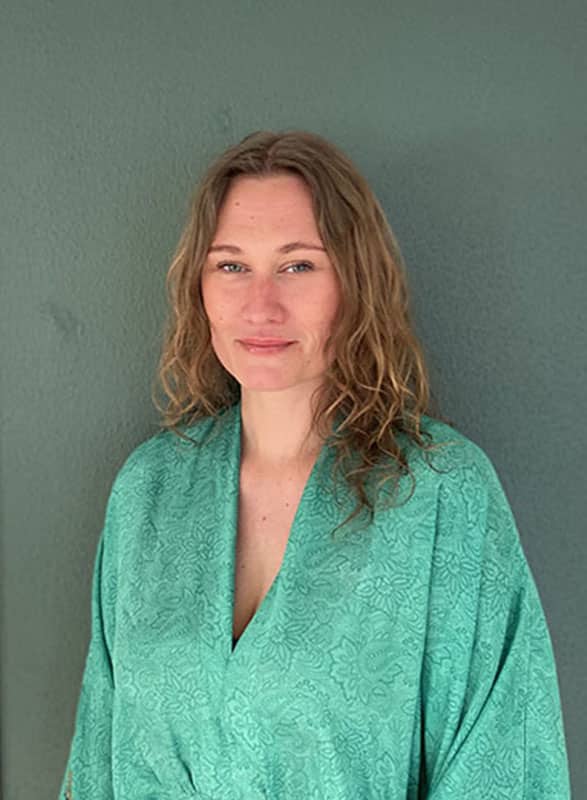
“
What makes the partnership invaluable for us is Lind Foundation’s data-driven mindset. It helps us inspire more societal change by documenting the socio-economic effect of creating access to affordable housing for young people living in homelessness and establishing a supportive network to help them on their path to wellbeing, education, and employment.
Nanna Asmussen
CEO, Fundamentet
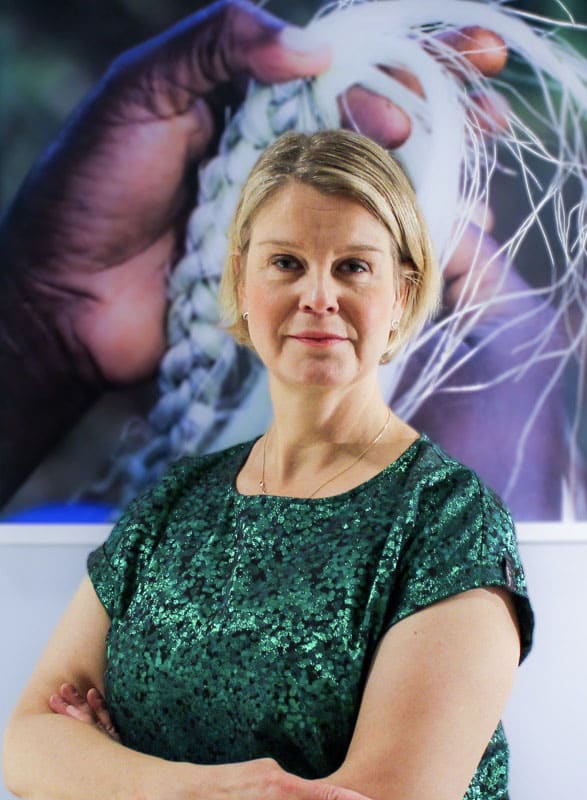
“
Hand in Hand especially appreciates the genuine and long-term commitment of Lind Foundation which is key for a successful partnership with high impact. Entrepreneurship training, access to credit and profitable market linkages enable new entrepreneurs to develop sustainable small-scale businesses, and thereby improving their livelihood and contributing to a better life.
Stina Götbrink
Secretary General, Hand in Hand
Towards real systemic change.
At Lind Foundation, we are driven by our philanthropic hearts and business-driven minds. Making social impact should be meaningful — and measurable. Besides continuing to support and grow our existing projects and establish more partnerships within our five focus areas, we will also continue to explore new ways.
We will invest further resources into education and housing and aim to create new partnerships that go across several initiatives, partners or organisations. By creating real alliances, we believe that we can create the actual systemic change that will truly move social change makers forward.

